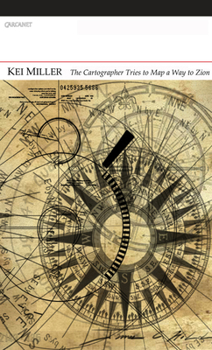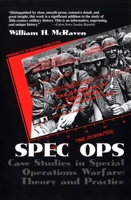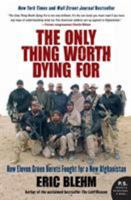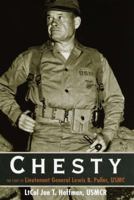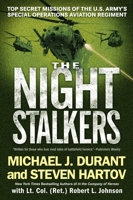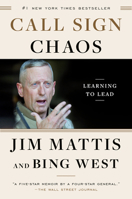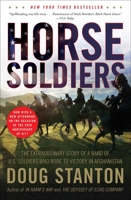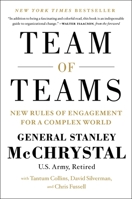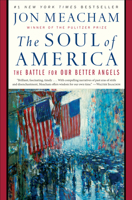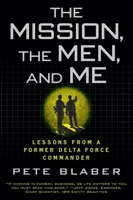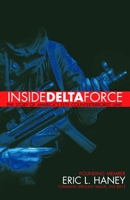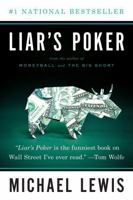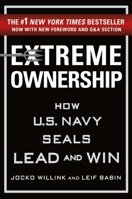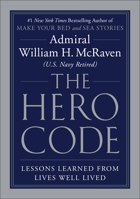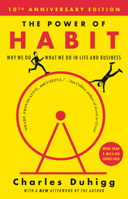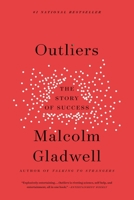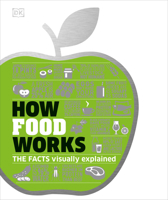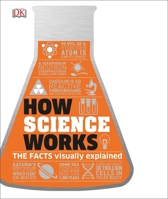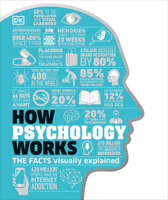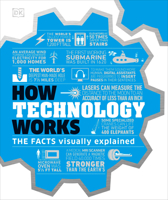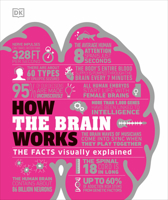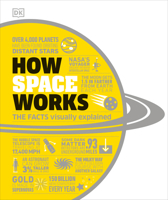The Cartographer Tries to Map a Way to Zion
Select Format
Select Condition 
You Might Also Enjoy
Book Overview
In this collection, acclaimed Jamaican poet Kei Miller dramatizes what happens when one system of knowledge, one method of understanding place and territory, comes up against another. We watch as the cartographer, used to the scientific methods of assuming control over a place by mapping it, is gradually compelled to recognize--even to envy--a wholly different understanding of place, as he tries to map his way to the rastaman's eternal city of Zion. As the book unfolds the cartographer learns that, on this island of roads that "constrict like throats," every place-name comes freighted with history, and not every place that can be named can be found.
Format:Paperback
Language:English
ISBN:0913836311
ISBN13:9780913836316
Release Date:March 1997
Publisher:St Vladimirs Seminary Pr
Length:252 Pages
Weight:0.76 lbs.
Dimensions:8.8" x 0.8" x 5.8"
Customer Reviews
9 customer ratings | 5 reviews
Rated 5 starsInspiring!
By Lisa Ivers,
Inspiring. My entire family loved ‘Make Your Bed’ and this book is equally compelling. The chapters relay interesting, heartfelt stories that make you glad to be alive and share the world with the brave men and women of our military. Our (MDS) Modern Day Superhero’s. I highly recommend this book. Lisa Ivers, Canandaigua NY
2Report











